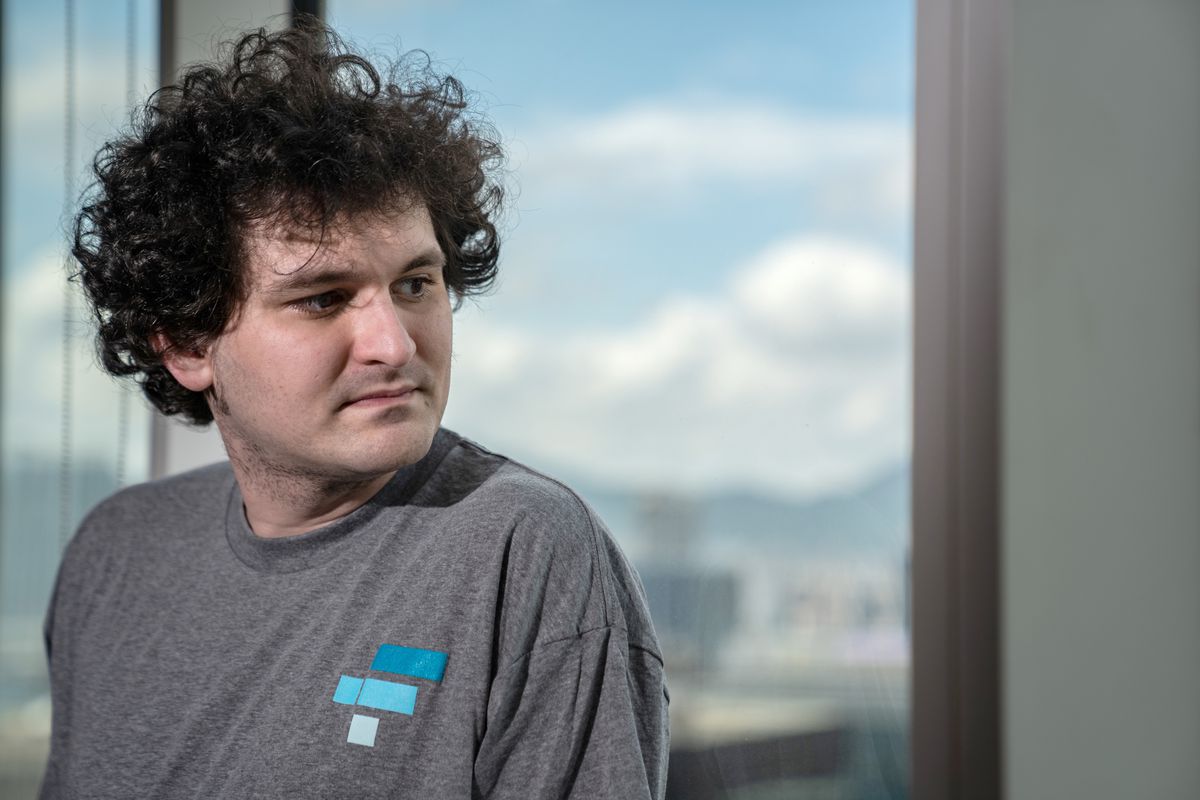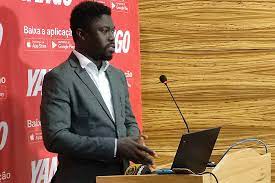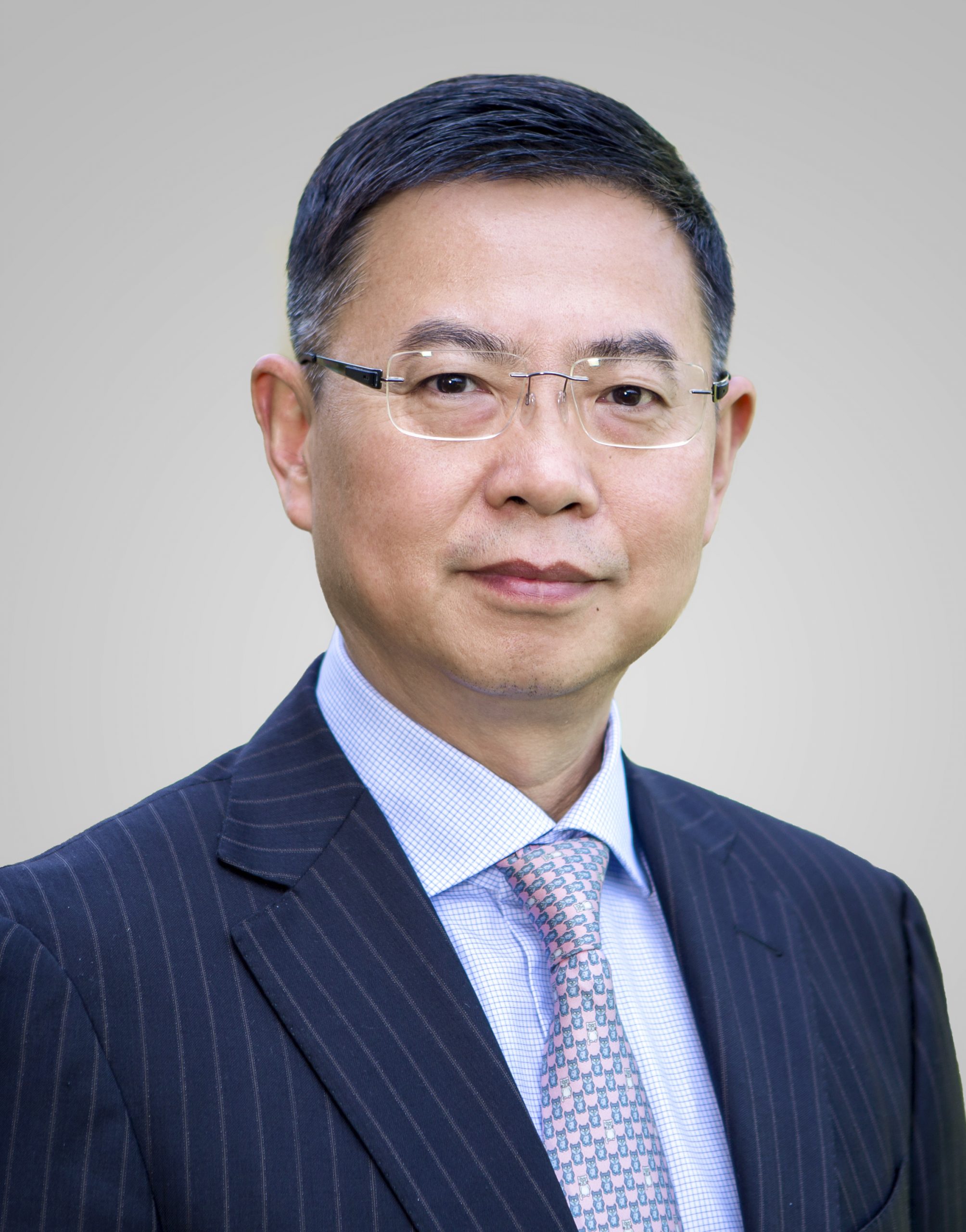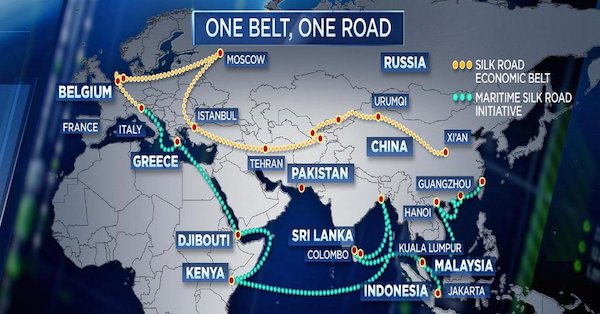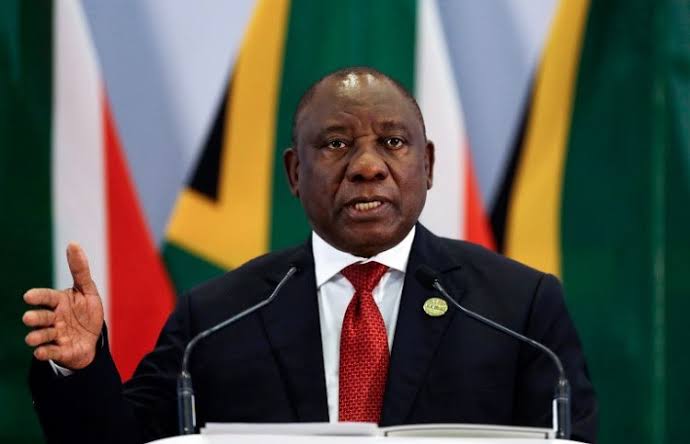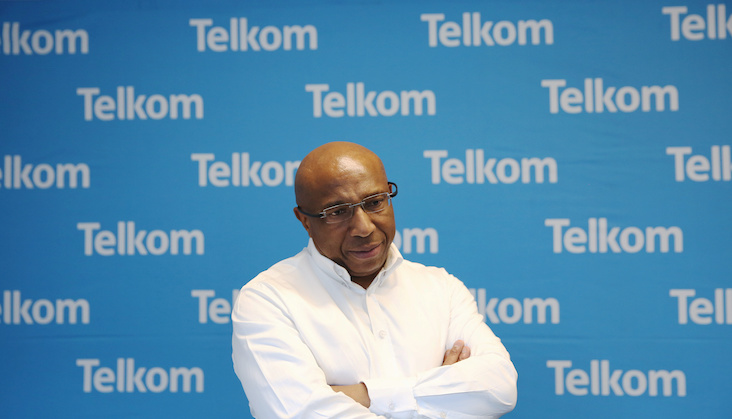Sam Bankman-Fried Lied to the World as he Built FTX
Sam Bankman-Fried lied to the world as he built his cryptocurrency empire at FTX, telling only his friends and girlfriend the truth about what was happening, prosecutors said on the first day of a historic fraud trial.
Nathan Rehn, an assistant US attorney, painted a picture of the 31-year-old as a calculated criminal who used investor deposits at FTX as a personal bank account before the company collapsed into bankruptcy a year ago. He said that only Bankman-Fried’s small inner circle knew that he was taking customer money to fund his lifestyle.
“He had wealth, he had power, he had influence, but all of that was built on lies,” Rehn told jurors in a federal court in Manhattan on Wednesday. “He was committing a massive fraud, and taking billions of dollars from thousands of victims.”

He was committing a massive fraud, and taking billions of dollars from thousands of victims.
Prosecutors included several references to former Alameda Research CEO Caroline Ellison in their opening statements, as one of the individuals that knew what was going on behind the scenes. Ellison is the government’s star witness after reaching a plea deal last year. Gary Wang, former FTX chief technology officer and Nishad Singh, FTX’s former engineering director, are also expected to take the stand as cooperating witnesses.
Read also : Egyptian Deeptech Startup Intella Secures $3.4 Million in Pre-Series A Funding
The case, which the government has labelled one of the biggest financial crimes in the country’s history, will explore how an awkward 20-something from California came to run and allegedly ruin one of the largest crypto exchanges in the world. The MIT graduate faces a maximum prison term of 20 years for each of the five most serious charges against him.
Bankman-Fried was expressionless as Rehn spoke, but briefly looked at the jury as the government lawyer emphasised “billions of fraud”, before turning back to stare at his laptop. The former crypto executive’s parents, a pair of Stanford University law professors, sat in the gallery behind their son.
‘Unprecedented’
John Reed Stark, a former SEC enforcement attorney and crypto critic, said on X that the prosecution’s “stockpile of cooperating prosecution witnesses is arguably unprecedented for a financial fraud trial”.
“For the past year or so, these three informants, together with a legion of other informants, turncoats and whistleblowers (who are also similarly desperate to save their own skin), have been providing the prosecution with a road map of SBF’s alleged criminal activities.,” said Stark, who now runs his own consulting company.
The company’s terms of service as well as old Bankman-Fried tweets assuring customers that their money was safeguarded were among the examples Rehn touched upon to indicate to the jury that FTX engaged in fraud.
Rehn said that FTX misleadingly told customers that the money belonged to them, not the company. “FTX’s advertising slogan was about how customers could trust it,” he said.
He made reference to a Bankman-Fried’s tweet that “FTX has a long history of safeguarding assets and that remains true today”. Statements about FTX keeping customer money safe “were lies”, Rehn said.
Kelechi Deca

Kelechi Deca has over two decades of media experience, he has traveled to over 77 countries reporting on multilateral development institutions, international business, trade, travels, culture, and diplomacy. He is also a petrol head with in-depth knowledge of automobiles and the auto industry

